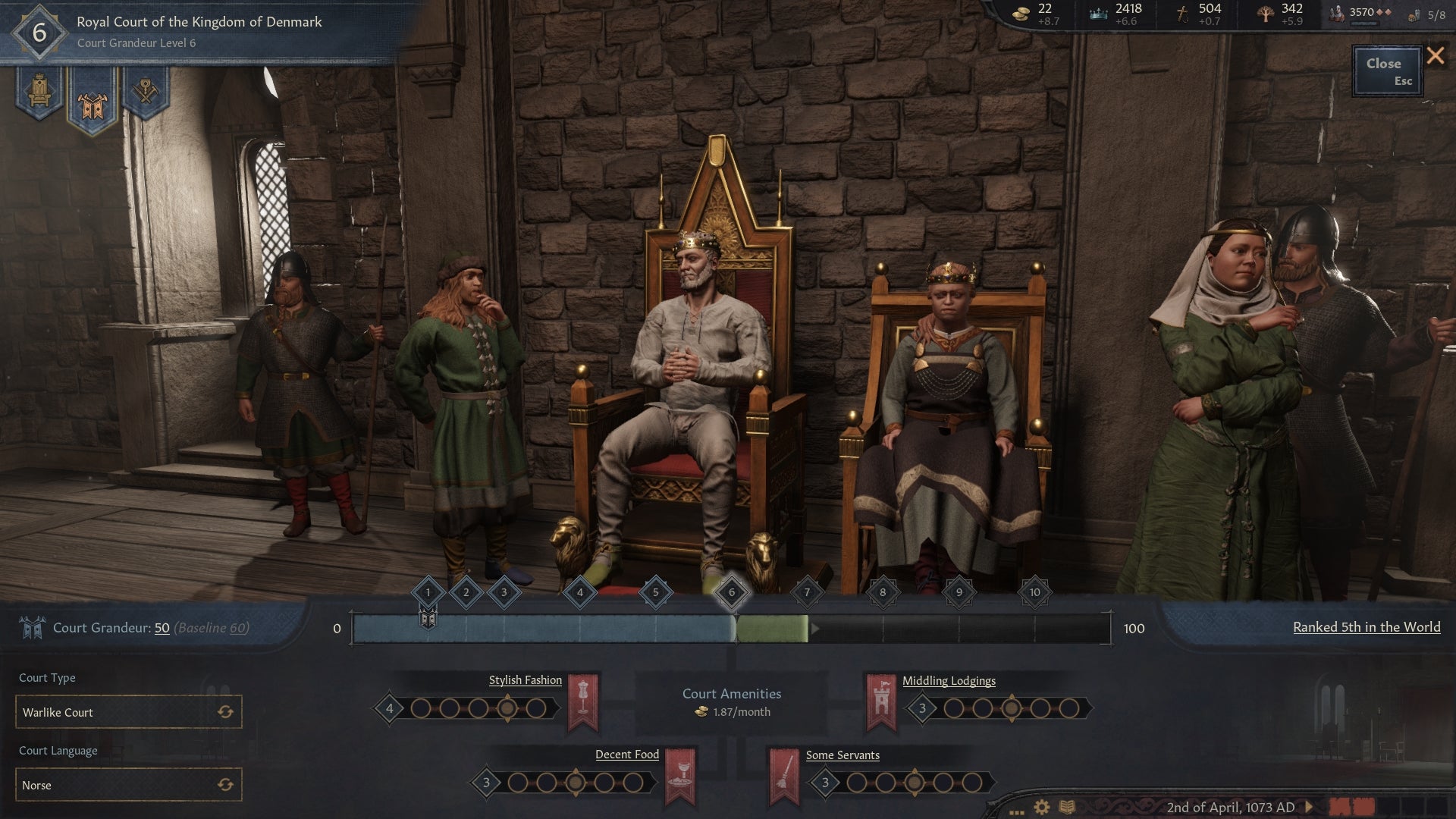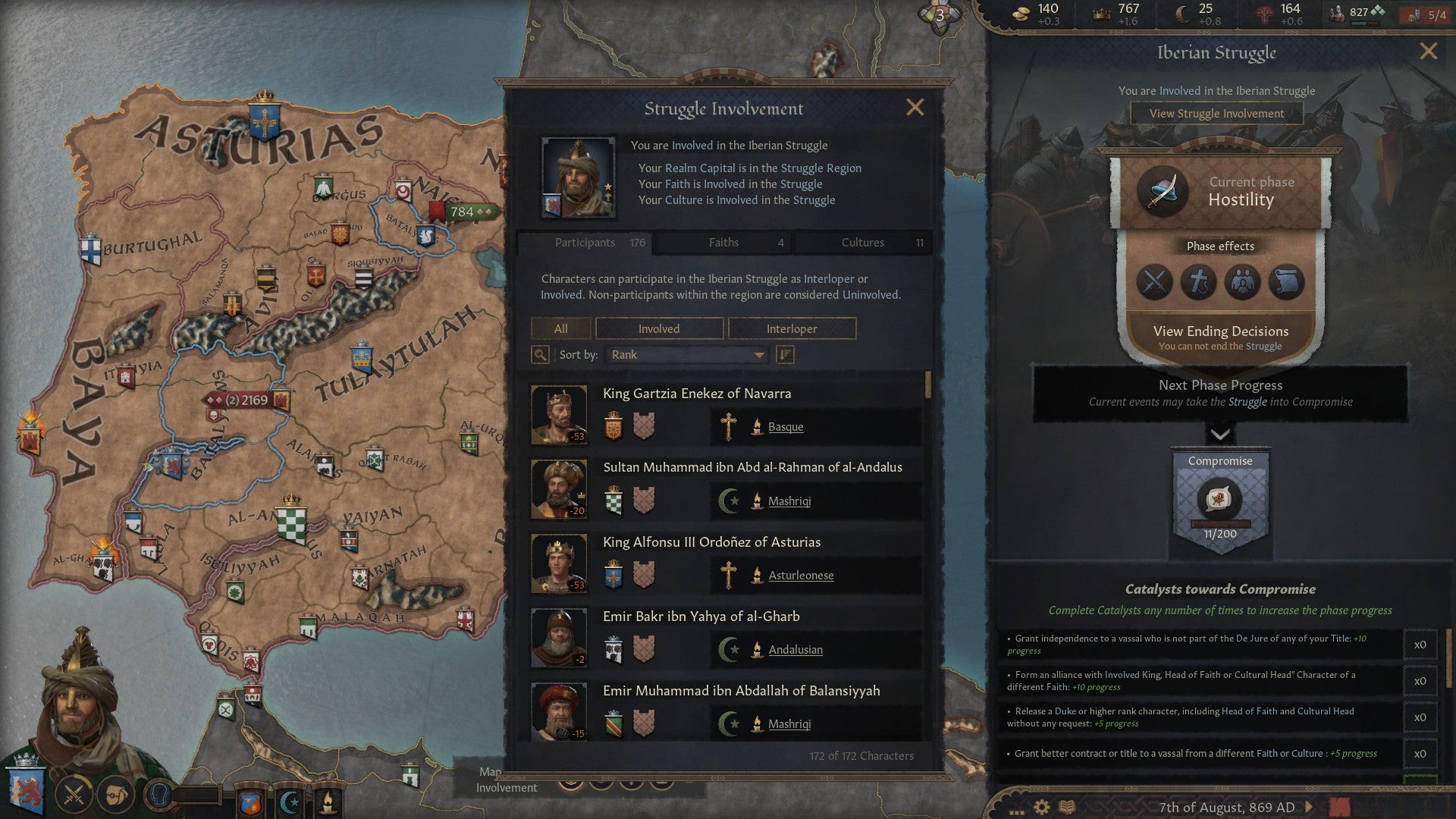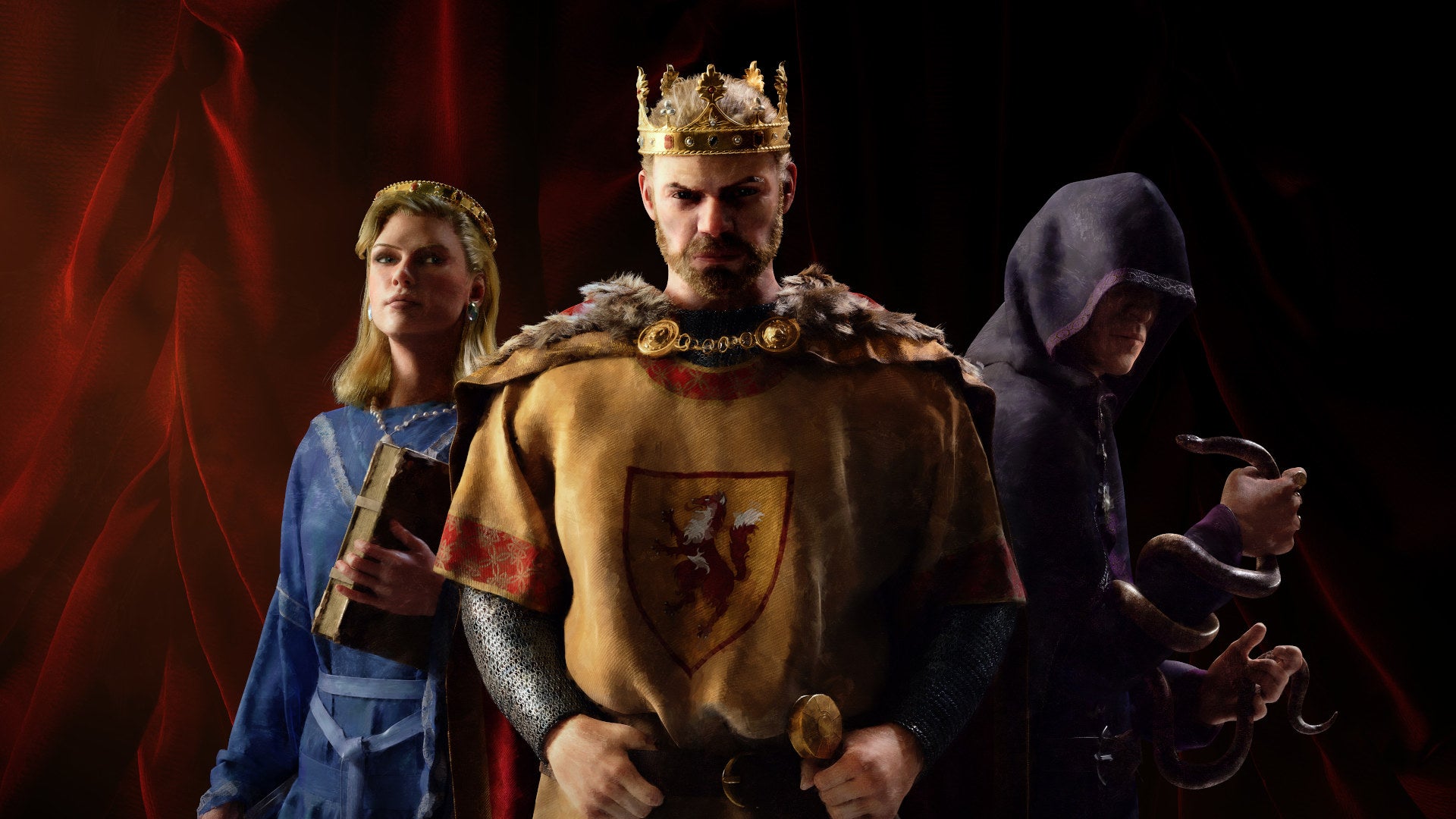What is a video game producer? Paradox’s Linda Tiger says every team has one, even if they don’t know it
Linda Tiger’s career in gaming started two decades ago. “I started in QA back in 2002. I worked on functionality and localisation testing. Eventually, I became a lead and then a QA manager at a studio,” she tells me, as we talk at IGDC Game Developer Conference in Hyderabad, India. Now, Tiger is the lead producer for Crusader Kings 3. She even stood in front of a suit of armor to drop the game’s first tease.
An RPG-esque lifestyle system and neat backstab choices that deal with information round out Crusader Kings 3’s host of improvements over its excellent predecessor. A court-themed expansion and a revamp of the game’s culture system shortly after launch are a testament to Paradox’s resolve to deliver a refined plotting experience. Holy wars and illicit affairs go hand in hand in the world of Crusader Kings and the third iteration is no different. Weaving together systems to consistently deliver emergent gameplay is no simple feat, and it turns out that production also covers all manner of small but essential, and practical things. As the lead producer on a game as complex as Crusader Kings 3, Tiger had her work cut out for her.
It took a while for Tiger to transition into production. After moving to Sweden, she became a project lead for an app developer, and then returned to games as a producer for Paradox in 2017. Eventually, she became the studio manager. For those looking to enter the world of game production themselves, Linda has a couple of pointers. “Look to connect to people in the role and area you’re interested in. This will let you understand what the role actually is,” she says. “Sometimes, people make up flourishing ideas of what roles entail. It’s very easy to see all the nice stuff. Interact with producers and join some of the community platforms where you can connect with other producers. Forming connections, that’s step one. That’s what opens doors.”
Bringing everyone together towards a common goal was a challenge the production team at Paradox Interactive tackled with finesse. Tiger’s attention to detail was evident in her talk at IGDC, where she discussed how she bridged the gaps between several teams, each with its own hurdles and little wins. Knowledge sharing was an aspect she focused on, with topic rumbles, feedback sessions, and tool walkthroughs being her top recommendations.
“Trying to manage the scope isn’t simple, especially when it’s a sequel”
“Triaging constantly” was a phrase that stuck with me long after the interview ended. I’ll admit that the unforgiving strategy game Frostpunk taught me that word, but it fits just as well with game development. Linda had to tackle multiple challenges, often at once so priority setting was crucial.
“Keeping the focus on the goals is super important when you’re working on a new game. Trying to manage the scope isn’t simple, especially when it’s a sequel,” she says. “Fans have expectations and you need to have an intent for the things you decide to include from the previous games and things you decide to upgrade or abandon. You want to make it a new and better experience, which is quite tricky.”
Tackling expectations from both players and from within the team shaped Crusader Kings 3’s development in interesting ways. Tiger explained that developers might have attachments to certain systems or features, and may say they absolutey have to be in the base game at release. Tiger says managing this scope, and how that tallies up with expectations, isn’t easy. “The team should also ensure that player perception lands where it needs to,” she adds. “We want our game to represent a different quality of games, one that we’re expected to deliver. A lot of work went into refining that final product. We ensured that the quality bar was met.”

Tiger tells me that managing production actually gets easier the closer the game is to launch, because most of the issues at that point are known ones. And that’s where prioritizing comes in. “It’s about triaging constantly to ensure that time is spent on the right things. The complexity of problem-solving is not the same as starting something new, when there are things that need to be decided, things that are holistically complex,” she explains. “For us, the time before launch was relatively easy. It did involve a lot of hard work. Fixing bugs, getting the polish in place, getting the age rating, and all the other practical stuff.”
Juggling these tasks amidst a pandemic was a challenge clad in chain mail. The game industry nearly ground to a halt, especially the AAA space, where collaboration took a big hit. But the team at Paradox was able to strike a balance between tasks that were important and ones that were vital, in part because Crusader Kings 3 was relatively far along in development. “We were super clear with our priorities,” Tiger says. “We knew what the plan was and once you’re in that stage of game development, you know what to work on. I tried starting something brand new during covid and it’s really hard. Almost impossible.”
“Getting people to talk and connect virtually isn’t easy,” Tiger adds. “Luckily, we at Paradox were well-prepared to work digitally. Some logistics were involved in getting equipment around and ensuring that people had proper workspaces at home. But in terms of the tools, we already had everything we needed.”

It turns out making sure people have what they need is one of production covers a lot of essential things. But, not all studios have a production team, and we spoke about how smaller indie studios could tighten coordination with producers at the helm. “A production team would make sure that priorities and the plan are clear to the team,” Linda tells me. “They’d also follow up on the commitments that the team makes. It’s easy to commit when you’re not entirely sure. A production team ensures that the studio reflects on their progress towards hitting the goal posts they agree to. For me, it’s more about lifting roadblocks. It could be anything, like a license expiring. It’s a lot of practical things, making sure the team has all they need.”
But Tiger says that there’s probably someone already doing this, even if the team is small and doesn’t technically have a production team. “It’s just practical stuff that needs doing. You may have a senior team where these things are self-distributed. But if you don’t, probably someone’s going to pick it up and ensure it happens,” she explains. This person probably won’t have “producer” in their job title. “They just work on this alongside their regular roles because someone has to get this done,” says Tiger.
After speaking to Tiger, it’s clear that there’s no easy definition for the role of games producer. They play a vital role during the development process, but as Tiger suggests, the work won’t always get the recognition it deserves. Former Fullbright dev Karla Zimonja, now at Ivy Road, once said that when a studio reaches around 10 people, “if you don’t have a producer you’re going to be sad”, but also warned that whoever ends up absorbing the work might not have the necessary skills to do it well without the correct experience. But whether you realise you have a producer or not, someone has to take the work on. And if someone’s out there “triaging constantly”, maybe just make them your producer.


